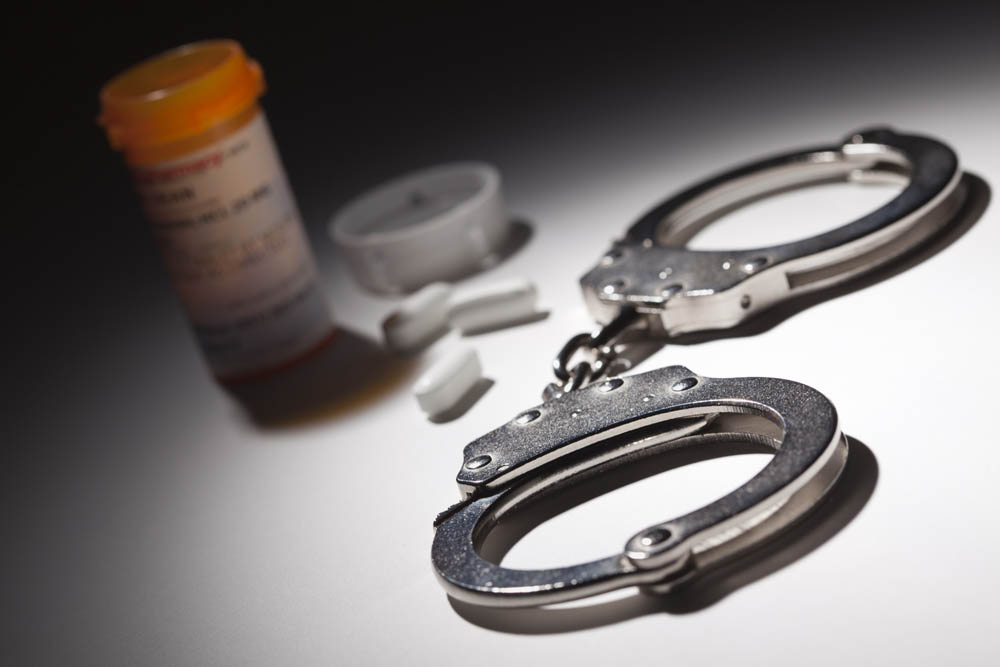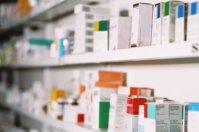In this article we just briefly take a look at the complex problem of employees in the pharmacy who steal. Note the sources we’ve consulted do not represent the whole country, but rather some examples at state or regional levels.
Consider the following headlines:
“Haggen pharmacy tech charged in theft of thousands of pills” (The Bellingham Herald, July 17, 2014)
“Duane Reade pharmacy technician in Manhattan stole oxycodone pills, sold them on Long Island and elsewhere, say feds”(Newsday, July 14, 2014)
“Missing Pills Lead to Arrest of Pharmacy Technician” (KZTV Action 10 News, July 11, 2014)
“Pharmacist arrested for stealing $5.6M in painkillers” (New York Post, July 8, 2014)
These are just some of the news captions from the last couple months reporting incidents of pharmacy staff allegedly stealing medications.
Who Steals?
“Most of the people who fill your prescriptions are honest and do their job well,” stated Naomi Schalit and John Christie with the Maine Center for Public Interest Reporting (in their piece “Behind the pharmacy counter: The unseen drug theft problem”, September 2013). “But some of those people in white smocks are thieves, drug addicts or both.”
Schalit and Christie reported that in the state of Maine, pharmacy staff were responsible for more than a third of medication thefts. Between 2003 and 2013, 41 pharmacy technicians and 16 pharmacists “lost their licenses for pilfering drugs from pharmacy shelves or even from the patients whose prescriptions they filled,” the authors said. Schalit and Christie added that the number of times pharmacy staff are caught might only represent a fraction of those who actually steal medications.
Research conducted by Cedarville University’s J. Draime et al., analyzed 811 drug diversion cases that had been investigated by nine different state boards of pharmacy between May 2008 and 2013. The results stated in their abstract for their paper Description and comparison of drug diversion in pharmacies by pharmacists, interns, and pharmacy technicians (Journal of American Pharmacists Association, March-April 2014) indicated that 71.4% cases of drug diversion (i.e. to sell, for personal use or other) involved pharmacy technicians.
Why Do They Steal?
The research by J. Draime et al. looking at drug diversion incidents across nine states found that 46.6% of cases were for personal use (rather than stealing drugs to sell or for other reasons).
Schalit and Christie said the majority of pharmacy technicians and pharmacists in Maine who were “caught and disciplined for stealing medications” had done so because they had a substance abuse problem or habit. Easy access to medications in the pharmacy seems to be a driving factor.
“It could happen to anybody and nobody’s immune,” said Darden Heritage, a Huntsville, Alabama pharmacist, as quoted by WAFF news station’s Charles Molineaux (2012). Heritage was talking about pharmacists with substance abuse issues. Molineaux also shared that according to the Alabama Board of Pharmacy, 104 pharmacists and 27 pharmacy technicians (out of a total of 18,000 pharmacists and technicians in the state) were at the time undergoing “officially approved recovery for substance abuse.”
Preventing Drug Diversion
Substance abuse problems seems to be a major underlying problem or cause of theft by pharmacy staff, and thus availability and awareness of treatment options should be a priority.
Molineaux reported that in Alabama there is still hope for pharmacy technicians and pharmacists who recover from drug dependency, even if they’ve been caught stealing. “Pharmacists or techs found to be filching pills for the purpose of selling them can be permanently banned from the industry,” wrote Molineaux. “But for those found to have a real clinical dependency, a drug problem may not be a career killer. They can get their licenses back, and get back into the business of dispensing drugs, if, and this is a big ‘if,’ they sign on for the Board of Pharmacy’s wellness program and follow it.”
Holding pharmacy staff to higher standards, such as emphasizing quality training and certification for pharmacy technicians, is an increasing priority in Maine, as it is elsewhere in the country. “One of the efforts in the next three to five years is everyone’s going to have to be a certified pharmacy technician,” said Maine’s Pharmacy board chair Joseph Bruno, as quoted by Schalit and Christie. “But, said Bruno, that won’t necessarily weed out potential drug addicts and thieves. ‘Just because you have a license doesn’t mean you’re not going to steal,’ he said.”



